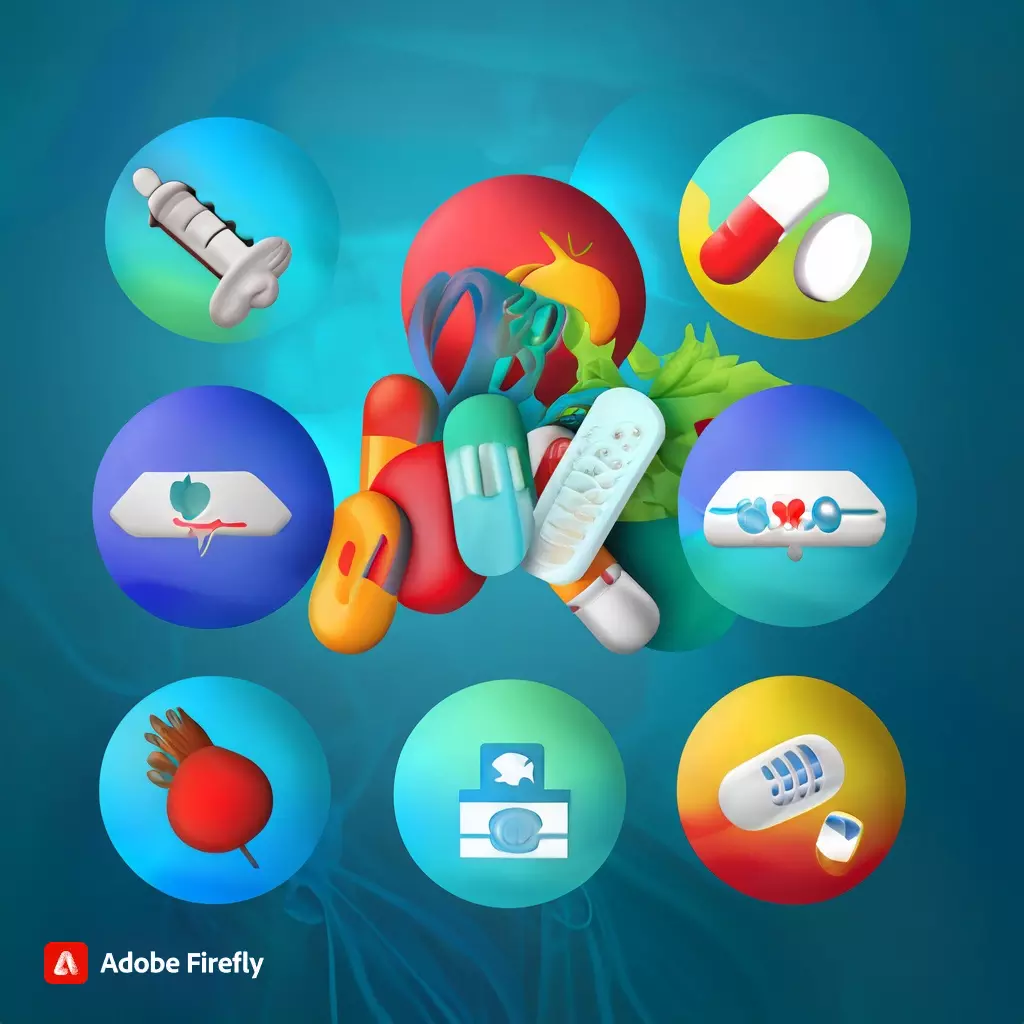Antioxidants have long been celebrated for their potential health benefits, mainly due to their ability to neutralize harmful free radicals in the body. These compounds are found in various foods, supplements, and even topical skincare products, all aimed at promoting overall health and preventing chronic diseases. However, recent research has uncovered a surprising twist in the story of antioxidants. While they play a crucial role in protecting healthy cells, studies suggest that antioxidants may also stimulate blood flow in tumors. In this article, we explore this intriguing discovery and its implications for cancer treatment.
Understanding Antioxidants:
Antioxidants are substances that counteract oxidative stress, a process that can damage cells and lead to various diseases, including cancer. Common antioxidants include vitamins C and E, beta-carotene, and minerals like selenium and zinc. These compounds work by neutralizing free radicals and unstable molecules that can harm DNA, proteins, and lipids in our cells.
Antioxidants and Tumor Blood Flow:
In recent years, scientists have delved into the complex relationship between antioxidants and cancer. Surprisingly, some studies have found that antioxidants can increase blood flow to tumors. Here’s how this phenomenon works:
1. Normalization of Tumor Blood Vessels: Tumors are notorious for their chaotic and irregular blood vessel structure, leading to inadequate oxygen and nutrient supply. Antioxidants, particularly compounds like resveratrol and quercetin, have been found to normalize these abnormal blood vessels, making them more efficient in delivering essential resources to the tumor.
2. Enhanced Oxygenation: Antioxidants can improve oxygen levels within tumors. While this may sound beneficial, it can actually lead to a phenomenon known as the “Warburg effect,” where cancer cells adapt to thrive in high-oxygen environments, potentially accelerating their growth.
Implications for Cancer Treatment:
The discovery of antioxidants’ role in tumor blood flow regulation has raised several questions about their use in cancer treatment:
1. Tumor Growth vs. Health Protection: Balancing the benefits of antioxidants in protecting healthy cells against their potential to enhance tumor growth is a complex challenge.
2. Individualized Treatment: The response to antioxidants may vary from person to person and depend on the type and stage of cancer. Tailored treatment plans should consider these factors.
3. Combination Therapies: Researchers are exploring combination therapies that integrate antioxidants with other treatments to maximize their benefits while minimizing potential harm.
The relationship between antioxidants and tumor blood flow is a fascinating and complex area of cancer research. While antioxidants undoubtedly offer health benefits by protecting our cells from oxidative stress, their role in cancer treatment is far from straightforward. As scientific understanding evolves, healthcare professionals and patients alike must make informed decisions about the use of antioxidants in cancer care, considering individual circumstances and the broader goals of treatment. Further research will continue to shed light on this intriguing aspect of cancer biology.
Also Read: India Becomes First Nation To Develop All Three Foundational DPIs, Announces Nirmala Sitharaman
https://thelogicalindian.com/h-upload/2023/09/19/500x300_233569-firefly-images-related-to-health-21985.webp
Trending
2023-09-20 05:30:24.0
How Antioxidants Play A Role In Tumor Blood Flow Regulation?













